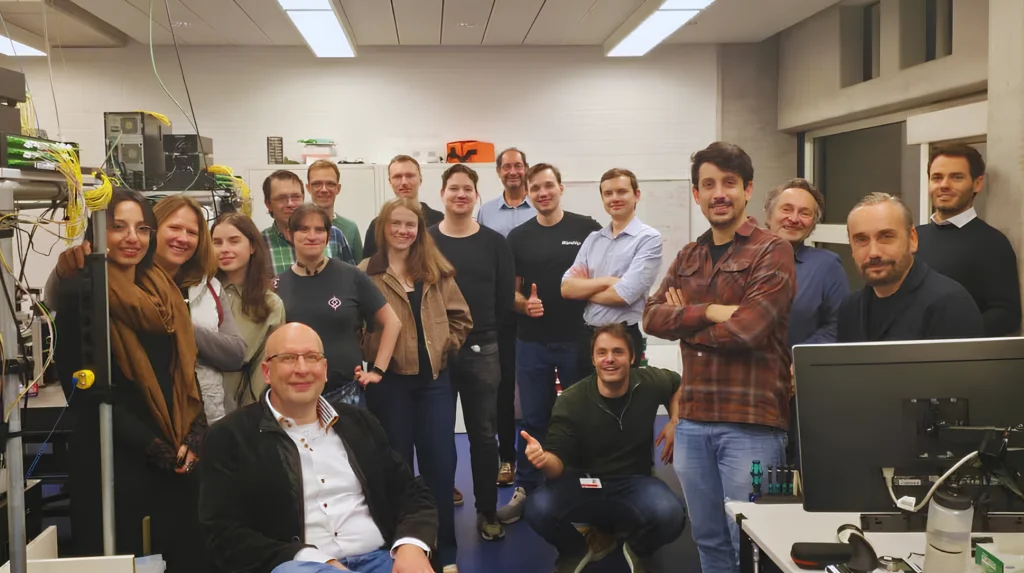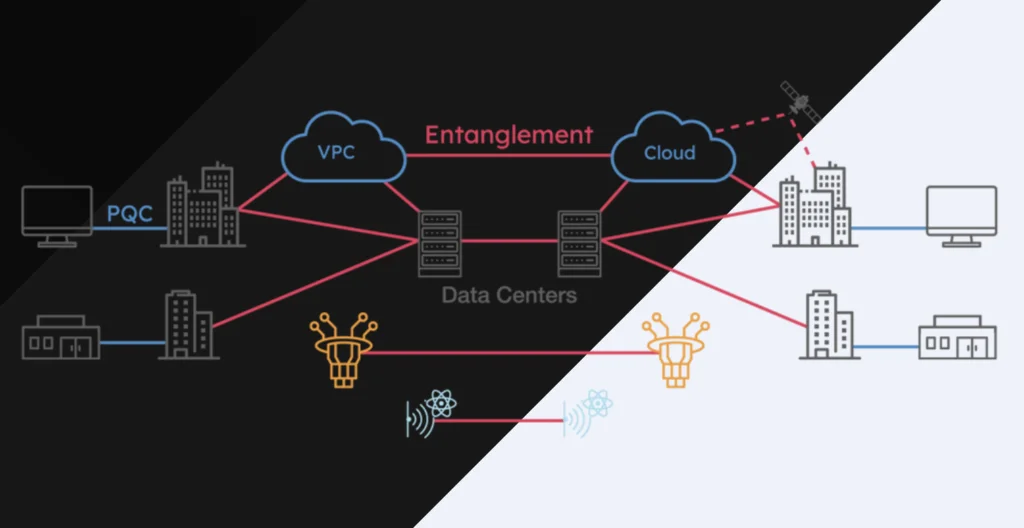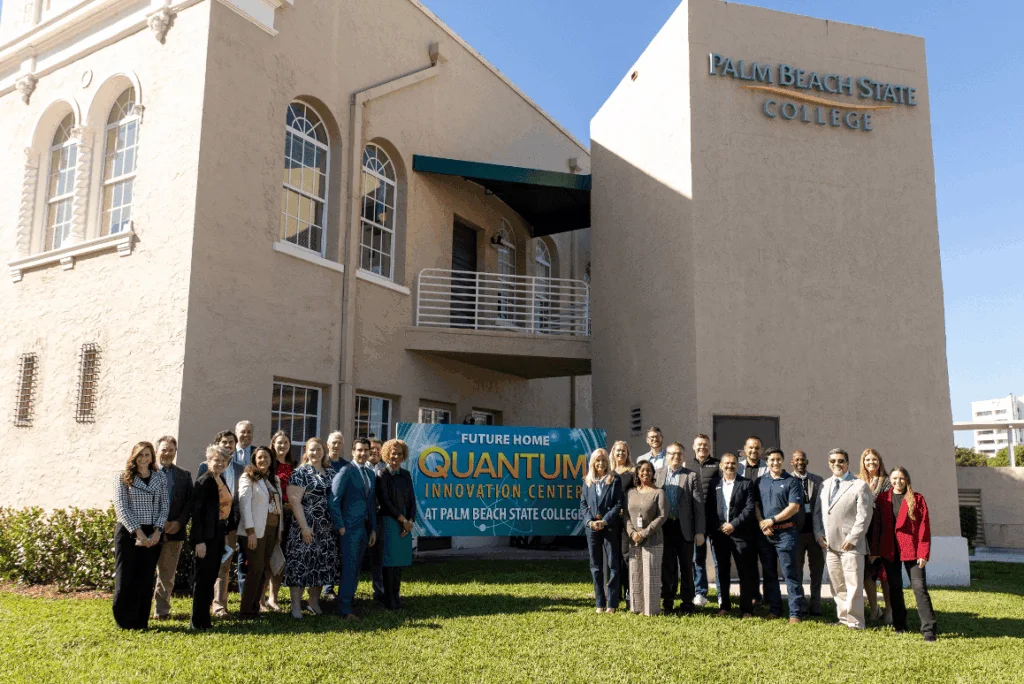Insider Brief
- VTT Technical Research Centre of Finland announced the launch of its quantum computing spinout SemiQon.
- SemiQon’s approach relies on relatively inexpensive and easy-to-replicate silicon quantum dot-based technology.
- Critical Quote: “Our solution responds to three major challenges currently slowing down the development of quantum computers globally – their scalability, price, and sustainability. Our technology allows us to fabricate quantum processors in a way that supports scaling up manufacturing efficiently while also lowering costs. The chips we manufacture also enable the quantum computer to operate at warmer temperatures – thus requiring only a fraction of the energy needed for alternative solutions.” — Himadri Majumdar, CEO of SemiQon.
PRESS RELEASE — VTT Technical Research Centre of Finland announced the launch of its quantum computing spinout SemiQon. The company builds a new type of quantum processor chip made from silicon semiconductors, as opposed to current approaches that are based on non-standard materials.
The new semiconductor quantum processor chips are scalable and easier to manufacture. They can also function at warmer temperatures, making them more operable and sustainable. This could ultimately enable the building of quantum processors that will require millions of qubits for fault-tolerant operation.
Due to scalability issues, there are currently less than 100 quantum computers in the world, and they can cost EUR 10,000,000 or more to build. Quantum physicists and engineers are now trying to discover how to scale up quantum computers. SemiQon’s approach of using relatively inexpensive and easy-to-replicate silicon quantum dot-based technology answers that challenge.

“Our solution responds to three major challenges currently slowing down the development of quantum computers globally – their scalability, price, and sustainability. Our technology allows us to fabricate quantum processors in a way that supports scaling up manufacturing efficiently while also lowering costs. The chips we manufacture also enable the quantum computer to operate at warmer temperatures – thus requiring only a fraction of the energy needed for alternative solutions,” says Himadri Majumdar, CEO of SemiQon.
Current quantum computers excel at optimization tasks, like solving complex logistical issues. For example, quantum computers could one day accurately model viruses and drugs, or come up with climate solutions. However, due to the hardware and scalability limitations of currently available solutions, tackling such complex problems is not yet possible.
For quantum computers to become truly useful in this sense, they would need to operate with millions of qubits instead of hundreds – which is what exists today. The amount of qubits is currently limited due to a number of factors, and that is why a more scalable option like SemiQon’s semiconductor-based processors are necessary for bringing the field to its future potential.
“We need to solve the scaling problem to bring exponentially more processing power to quantum computers before we can start tackling some of the world’s great challenges. SemiQon’s silicon semiconductor qubit technology is an elegant solution for this,” Tauno Vähä-Heikkilä, Vice President, Microelectronics and Quantum Technology at VTT.
Large-scale manufacturing processes and facilities already exist for silicon because it is used to manufacture microchips that are used in regular computers and other electronics. This manufacturing capability has been crucial for the increase of computing power in classical computers, as demonstrated by Moore’s law over many decades. SemiQon currently operates in such a pilot manufacturing facility in Finland.
“Globally, the vast majority of quantum investments have addressed superconducting and other qubit technologies. However, silicon semiconductor qubit technology is still underfunded – despite not being burdened with the scalability challenges that many other technologies face. SemiQon has the perfect team to harness the opportunities in the field of quantum computing,” says Jussi Sainiemi, Partner at Voima Ventures.
“The SemiQon team consists of leading experts within the field of silicon semiconductors. As a VTT spinout, the team has worked closely with one of the globally leading research organisations in the field of silicon semiconductor qubit technology, and has the experience and expertise necessary to bring their innovation to market. Their technology has the potential to impact the quantum computing field drastically, paving the way to a truly scalable and sustainable quantum chip,” he continues.
SemiQon started operations in February 2023.
For more market insights, check out our latest quantum computing news here.















